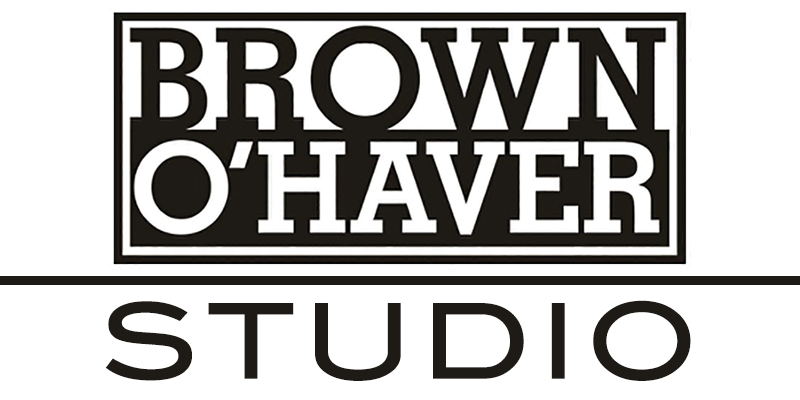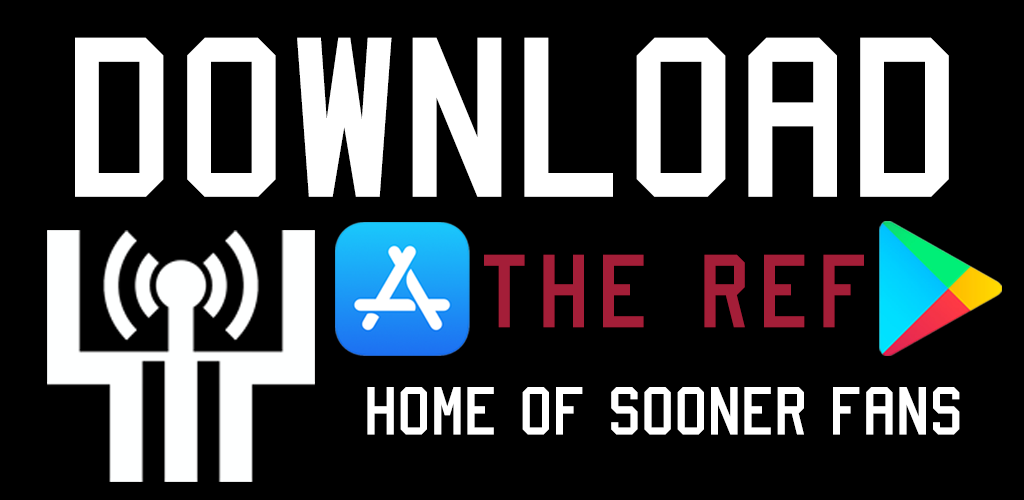
Two TV developments illustrate the Big 12’s precarious position.
If hating on the Big 12 is your bag, last week brought a couple pieces of news that were right up your alley. Let’s take them in reverse order.
Thanks for nothing, FOX
Oklahoma athletic director Joe Castiglione had tongues wagging around the college sports world when the school’s long-simmering frustrations with an overabundance of early kickoffs for football games boiled over. Specifically, he took umbrage with the decision by FOX to schedule OU’s game against Nebraska this year at 11 am local time:
Statement from @soonerad on the OU-Nebraska football game: pic.twitter.com/p6fUJBwW5e
— Oklahoma Sooners (@OU_Athletics) May 27, 2021
In fact, Castiglione has made similar comments before, albeit not so bluntly:
Appreciate our fans adjusting for another 11 a.m., game. Although it’s not always readily apparent, we vigorously push for other times, like we did for our opener. (1/2)
— Joe Castiglione (@soonerad) October 19, 2019
Eddie Radosevich of SoonerScoop.com did the math on OU’s early kickoffs, finding that the Sooners put toe to leather in the early TV slot 42 times in the last decade. That includes 23 such starts in the last five seasons:
Since 2011 #Sooners have played 42 games in the 11/11:30a timeslot, that number is a stunning 23x over the last five seasons. pic.twitter.com/T5Hwbl9yC7
— Eddie Radosevich (@Eddie_Rado) May 27, 2021
Consider OU a victim of its own success. FOX appears convinced the 12 pm ET/11 am CT window generates boffo ratings. Between the power of the Sooner brand and the number of high-stakes games that the team has played in lately, it stands to reason that the Big 12’s TV partner would put OU in that slot pretty frequently. (In this case, it also appears that the network may have a contractual obligation to show a Major League Baseball game in the primetime slot OU clearly wanted for the matchup with NU.)
Frankly, the people who run college football sold control over the sport to ESPN and FOX many moons ago, so complaining about how the networks make their money when they’re the ones paying for your media rights looks silly. They are going to leverage their product to the fullest extent possible because that’s what they do – FOX is the same company that charges fans $60 once a season to watch the Sooners beat the tar out of an FCS team, after all. If the OU brass expected anything less here, that part is on them.
Unfortunately for Castiglione, FOX getting every last nickel out of its TV inventory means nada to the irked fans and donors who flood his inbox with e-mails voicing their displeasure with early starts. Local businesses may prefer fans hang around town getting charged up before a night game, but what does FOX care? Lincoln Riley and his coaching staff probably want to use a high-profile game in primetime to bring in recruits from across the country. Again, FOX is more concerned with filling its coffers.
In the end, you know what this brouhaha means in and of itself? Absolutely nothing. The idea that FOX will get up in its feelings over this and somehow try to screw OU or the Big 12 is ridiculous. The company is not in the business of squandering its assets to make a point. On the other hand, let’s also not pretend as though Oklahoma has any immediate recourse here.
The important undercurrent to recognize here is that OU apparently has some reservations about the Big 12’s TV package and, by extension, the conference’s influence. If the Big Ten league office had been interceding on OU’s behalf, for example, it’s certainly fair to wonder if FOX would have come up with a different answer.
TV to Big 12: We’ll get back to you
On a similar note, ESPN and FOX apparently made it clear last week they’re not going to talk about extending the Big 12’s media deal yet.
The league’s TV contract with the two networks ends in 2025. In the words of Texas Tech President Lawrence Schovanec, given that four years remain on the deal, ESPN and FOX “are not interested in acting preemptively with regard to [the Big 12’s] contract.”
On its face, that’s not an absurd position for the networks to take. On the other hand, if the networks truly wanted the Big 12 to remain a going concern beyond 2025, it stands to reason they would try to lock in a new TV deal now. That would avoid the possibility that the league could drive up its asking price by attracting new bidders when its deal is up.
As such, the networks’ posture leaves plenty of room for some pieces from the Big 12 to move around the college sports chessboard. With the school’s deal for its third-tier media rights ending in 2023, OU actually sits in a key position in terms of dictating the future of any conference realignment.
Re-upping with FOX on its third-tier contract for anything beyond a year-to-year arrangement, for example, would probably eliminate the possibility of the Sooners leaving the Big 12 for the SEC or ACC, both of which are controlled by ESPN. On the flip side, that would also leave open the possibility of OU potentially bolting should an offer come down from the Big Ten, which shares ownership of the Big Ten Network with FOX.
If OU were to make a new deal with ESPN, however, that would signal an end to the possibility of a move to the B1G. Instead, it could open up a potential move to the SEC with Oklahoma State in tow.
Of course, the possibility that the Sooners are content staying in the Big 12 also exists – under the right conditions. Consider the frustrations with FOX that bubbled to the surface over the scheduling of the Nebraska game. If that’s such a big deal to the OU brass, why not ask to have more control over scheduling as part of the Big 12’s next TV contract?
Unfortunately for the Big 12 as a whole, that’s a precarious position to be in. The other schools may want to start thinking about lifeboats in case OU jumps ship.



